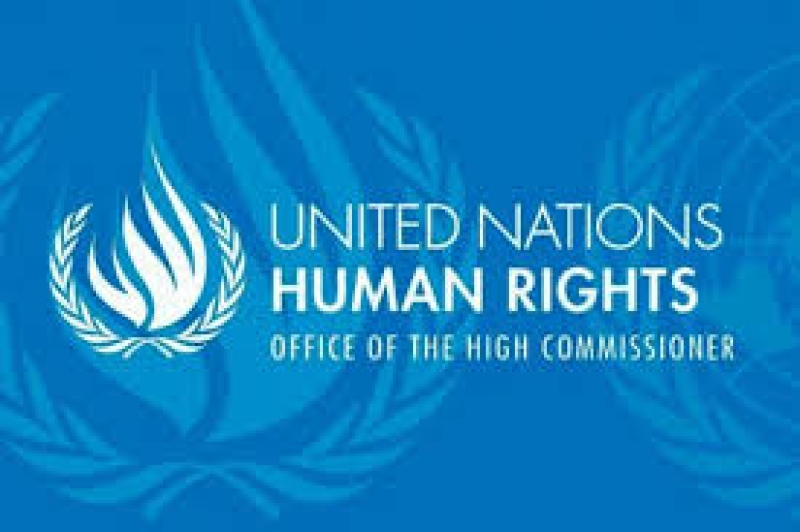- Militant Attacks Kill 33 in Balochistan; 92 Assailants Dead |
- Power generation at Payra Thermal Power Plant 1st unit starts after a month |
- Irregularities, injustice will no longer be accepted in politics: Jamaat Ameer |
- 2 arrested in Jhenaidah for allegedly selling madrasa student |
- Koko’s wife campaigns for Tarique in Dhaka-17 |
Single-Party Rule in BD Politicized Security Sector: UN Report

A new report by the UN's Office of the High Commissioner for Human Rights (OHCHR) reveals that prolonged single-party rule in Bangladesh has led to the increasing politicization of the country's security sector. The report highlights how this trend undermined the professionalism of key institutions, with appointments and promotions based more on political loyalty than merit.
For over 15 years, the Awami League's dominance has coincided with a growing politicization of state institutions, deeply affecting Bangladesh's security forces. The OHCHR’s fact-finding report states that police officers were often recruited or promoted not based on integrity, professionalism, or merit, but on their loyalty to the ruling government and the Awami League. This trend, the report explains, extended to agencies such as the Directorate of Forces Intelligence (DGFI), National Security Intelligence (NSI), and the police’s Special Branch, where candidates for mid-level and senior positions were vetted based on their political affiliations or those of their relatives.
The report also highlights that the then-prime minister personally approved appointments for high-ranking positions like Deputy Inspector-General, with Awami League loyalists strategically placed in critical units such as the Detective Branch of the metropolitan police. This politicized system of recruitment, the OHCHR notes, had roots in the long-standing absence of an independent body responsible for managing police appointments.
Although the Bangladesh Army had historically been involved in politics through coups and attempted coups, it is generally considered less politicized than other security forces. However, the report suggests that the military, particularly at the senior level, has become increasingly influenced by political affiliations, with promotions and key placements often tied to perceived political loyalty. Officers seen as disloyal were sometimes sidelined, placed in remote posts, or pressured to leave the army.
The politicization of security forces, the OHCHR observed, has fostered a troubling relationship between the ruling party and the security sector. In exchange for not intervening in crimes committed by ruling party members and for suppressing challenges to the government, security personnel have often been granted impunity for their own corrupt actions and violations. The report stresses that criminal accountability for serious abuses remains rare, citing civil society records that document 2,597 alleged extrajudicial killings and 708 enforced disappearances since 2009.
The elite Rapid Action Battalion (RAB) alone has been linked to over 800 killings and approximately 220 disappearances, yet RAB officers have only been convicted in one case, involving the death of a prominent local Awami League member. Similarly, DGFI officers have been implicated in over 170 disappearances, but none have faced prosecution.
The report also flags concerns over widespread torture by law enforcement officials, noting that the United Nations Committee against Torture has repeatedly expressed alarm about the routine use of torture for extracting confessions or extorting bribes. Despite Bangladesh passing the Torture and Custodial Death (Prohibition) Act in 2013, at least 103 detainees have reportedly died from torture in custody since then. The government has only filed 24 cases under this law, and only one officer has been convicted for custodial torture resulting in death.
The OHCHR concludes that such patterns of impunity have become entrenched in Bangladesh's security sector, with political influence and a lack of accountability contributing to a cycle of abuse and corruption within the country’s law enforcement agencies.

